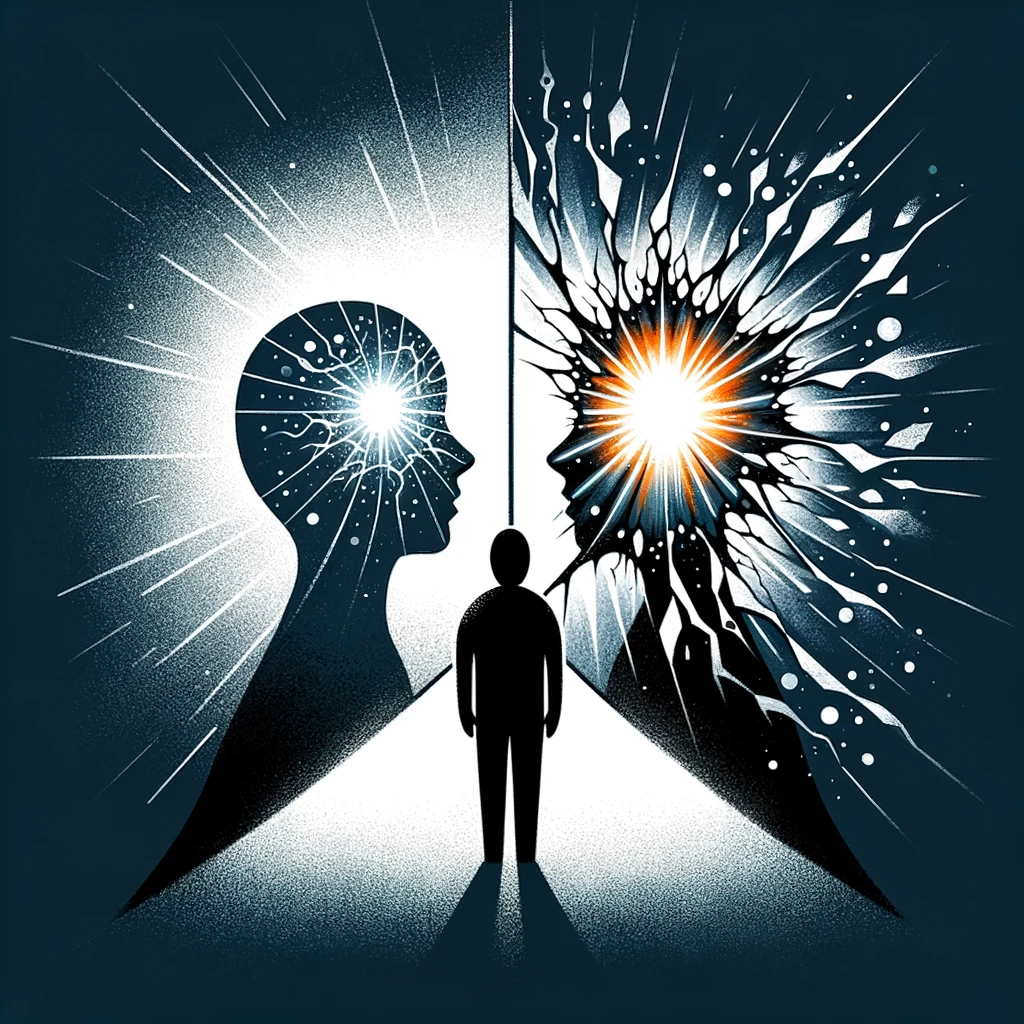The Dangers of Comparison Anxiety:
Unveiling the Perils and Vulnerabilities
Strategies for Mental Health in the Digital Age
Are you constantly comparing yourself to others, wondering if you measure up in today’s society? If so, you might be grappling with comparison anxiety, a pervasive form of anxiety affecting many. In this article, we’ll explore what comparison anxiety is, its impact on mental health, and who is most vulnerable to its clutches.
Understanding Comparison Anxiety
Comparison anxiety is the continuous act of negatively comparing oneself to others. This often arises from the belief that others are surpassing us or achieving greater success, leading to feelings of anxiety and even depression. Whether it’s comparing physical appearance or levels of success, the resulting emotions of jealousy and inadequacy can significantly impact mental health over time, trapping individuals in a relentless cycle of comparison.
Who Is Most at Risk?
While comparison anxiety can affect anyone, studies indicate that young people, specifically those aged between 19 and 32, are particularly vulnerable. This age group, still navigating their place in the world, is more prone to comparing themselves to others as they seek acceptance. Additionally, individuals already dealing with mental health issues, such as depression, are more likely to develop comparison anxiety.
Low self-esteem is another significant factor in vulnerability. Those who are content and secure in themselves are less likely to feel envious of others. Gender also plays a role, with comparison anxiety more prominent among women, possibly due to societal pressures or cultural expectations.
The Digital Age Amplification
The digital age, with the rise of the internet and social media, has intensified comparison anxiety. Online platforms make it easier than ever to compare our lives to others, creating an environment where negative self-comparisons thrive. For those already vulnerable, the online world becomes a breeding ground for anxiety-inducing comparisons.
Combating Comparison Anxiety
Recognizing one’s vulnerability to comparison anxiety is crucial for effective management. Identifying signs and triggers enables individuals to take proactive steps, such as limiting social media usage and engaging in self-reflection. Seeking support from loved ones and practicing self-compassion are also effective strategies in combating this condition.
Living with comparison anxiety can be challenging, leading to withdrawal and altered behavior. Therefore, addressing this condition before it significantly impacts well-being is imperative. By understanding contributing factors and implementing strategies to navigate this mental state, individuals can reclaim their emotional health and find contentment within themselves.
Conclusion: Embrace Your Unique Journey
In conclusion, comparison anxiety is a prevalent issue in today’s society. Although it can affect anyone, young people, those with pre-existing mental health issues, individuals with low self-esteem, and women tend to be more vulnerable. While the internet and social media platforms may have intensified this condition, it has existed for decades.
Recognizing vulnerability and taking proactive steps to combat comparison anxiety can lead to a healthier mental state. Let us strive to celebrate our unique journeys instead of constantly comparing ourselves to others, for true contentment lies in accepting and embracing oneself.
FAQs about Comparison Anxiety:
- What is comparison anxiety?
- Comparison anxiety is the act of negatively comparing oneself to others, leading to feelings of inadequacy and anxiety.
- Who is most vulnerable to comparison anxiety?
- Young people, those with pre-existing mental health issues, individuals with low self-esteem, and women tend to be more susceptible.
- How does the digital age contribute to comparison anxiety?
- The rise of the internet and social media platforms has intensified comparison anxiety by making it easier to compare lives.
- What proactive steps can be taken to combat comparison anxiety?
- Limiting social media usage, engaging in self-reflection, seeking support, and practicing self-compassion are effective strategies.
- Why is recognizing vulnerability important in managing comparison anxiety?
- Recognizing vulnerability allows individuals to identify signs and triggers, enabling proactive steps toward managing and overcoming comparison anxiety.












